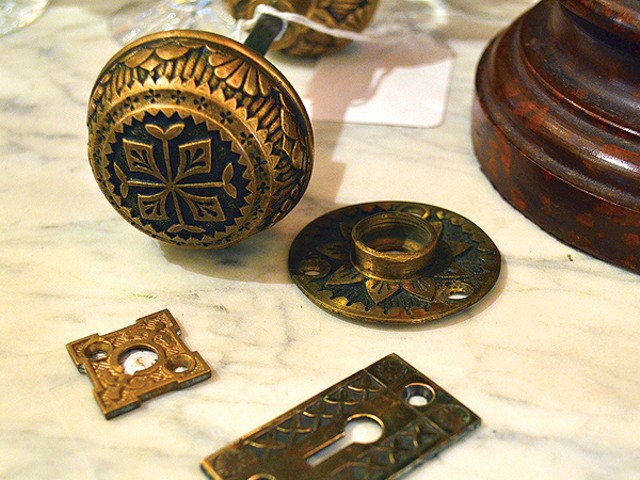Ah, rich, white, middle-aged men and their problems. Is there less fertile ground for empathy and entertainment? Apparently not. Comedic actors Steve Coogan and Rob Brydon, along with director Michael Winterbottom, found surprising indie success when their 2011 British miniseries was pruned into the 100-minute feature The Trip.
Featuring upscale U.K. dining and its requisite food porn, literate male bickering and bantering, and a hilarious duel to see which man could do a better impression of Michael Caine, the improvised travelogue found just the right riffs and dramatic grace notes to impress. In particular, Coogan and Brydon’s semi-fictitious portrayals captured the sometimes petty and insecure competitiveness that arises when friends are in the same profession. Though unquestionably bonded to each other, anxiety, jealousy, sarcasm, and self-doubt fueled both their emotional distance and their hilarious need to one-up each other.
The trio is back for The Trip to Italy, and self-aware enough to recognize that sequels are rarely as good as the original. In fact, Coogan says, “It feels odd to do something for the second time,” comparing a breakout band’s second album as an inevitable “bit of a damp squib.” The confession doesn’t make the movie any better; instead, it only seems a bit too self-reflexive. But it’s nice to get an apology up front.
Brydon, of course, rebutts with Godfather II (the exception that proves the rule) and the two are soon drinking, eating, and insulting their way from Piemonte to the Amalfi coast in a zippy little Mini Cooper. The Michael Caine impressions are back (and still good), along with a brilliant takedown of The Dark Knight Rises, and amusing imitations of Al Pacino, Robert De Niro, Hugh Grant, and, oddly, Gore Vidal.
Viewers can expect gorgeous Mediterranean vistas, mouthwatering cuisine, luxurious hotels, quotes from Shelley and Byron and, yes, even “the man in the box” voice makes a return visit (in one of the film’s more resonant scenes). I can’t explain the extended discussion of Alanis Morissette’s music, but it’s breezy and funny, tinged with a bit of moody self-reflection. And it’s just a tad too familiar.
The Trip to Italy’s one and only twist is that where the first film featured Brydon as a happy family man and Coogan as a restless, womanizing egotist, the sequel gives us the near reverse. Here, Coogan is struggling to connect with his estranged son (who shows up near the film’s end), while Brydon uses marital dissatisfaction to rationalize an affair. It’s a too pat redirection that feels less earned than contrived.
Better, however, are the film’s unexpected instances of melancholy. Death becomes a frequent point of discussion, humor, and contemplation, as Coogan’s and Brydon’s jokes suddenly swivel into somber philosophizing. These very funny men are haunted by their mortality ... and their inability to experience history without some reference to popular entertainment. If there’s meat and meaning to be had amid the witty and neurotic repartee, it’s that both are struggling with the ennui and social disconnection that accompany middle-aged celebrity and entitlement.
While there’s plenty there to comically skewer and savage, they never really do more than scratch the surface. Coogan and Brydon are locked into a routine that reliably amuses but, perhaps, one they have mastered too well. Much as most sequels lean too heavily on their originals, these two actors seem too comfortable with themselves to fully and honestly explore the comedic possibilities of their own privilege. mt
The Trip to Italy opens Friday, Sept. 5 at the Maple Theater. It’s unrated and has a running time of 108 minutes.





